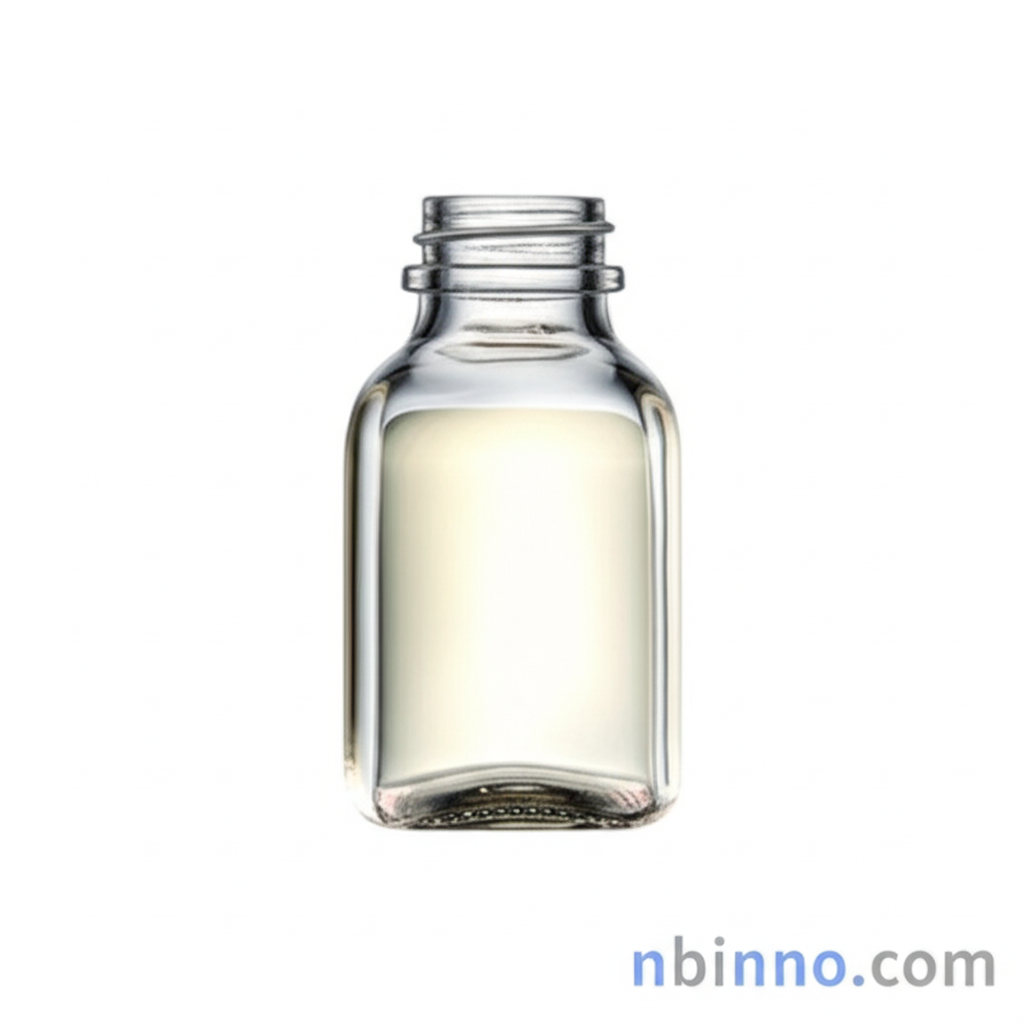Triisopropylsilane: A Key Reagent in Peptide Synthesis and Organic Chemistry
Discover the essential role of Triisopropylsilane (TIPS) in modern peptide synthesis, acting as a crucial scavenger during deprotection steps. Explore its broader applications in organic chemistry as a versatile protecting agent and mild reducing agent, valued for its stability and selective removal properties. This document highlights why TIPS is indispensable for precise and efficient chemical synthesis, especially for pharmaceutical and biochemical research.
Get a Quote & SampleProduct Core Value

Triisopropylsilane
Triisopropylsilane (TIPS), identified by CAS number 6485-79-6, is a highly effective organosilicon compound vital for various applications in fine chemical synthesis. As a leading supplier in China, we provide high-purity Triisopropylsilane that serves as an indispensable reagent in solid phase peptide synthesis (SPPS). Its primary function is as a scavenger, adept at neutralizing reactive carbocations generated during the global deprotection of peptides. This property is crucial for preventing unwanted side reactions and ensuring the integrity of the synthesized peptide sequence. We are a trusted manufacturer in China, committed to delivering superior quality chemicals that meet stringent industry standards, making us your ideal partner for purchasing Triisopropylsilane.
- Efficiently scavenges carbocations during the global deprotection of peptides, a critical step in achieving high-purity synthesized peptides. This directly supports users looking for effective peptide synthesis scavengers.
- Acts as a mild reducing agent, offering versatility in various organic synthesis applications where controlled reduction is required.
- Serves as a robust protecting group for various functional groups, enabling selective manipulation in complex synthetic pathways, aligning with needs for protecting groups in organic chemistry.
- The high purity and reliable performance of our Triisopropylsilane underscore its value as a premium fine chemical for synthesis, supporting advanced research and development efforts.
Key Advantages
Enhanced Peptide Purity
By effectively acting as a scavenger in peptide synthesis, Triisopropylsilane significantly reduces side reactions during deprotection, leading to cleaner crude peptides and simplifying downstream purification processes for your solid phase peptide synthesis reagents.
Versatile Synthetic Utility
Beyond its role in peptide synthesis, Triisopropylsilane's capacity as a mild reducing agent and a protecting group makes it a valuable tool for chemists undertaking complex organic synthesis transformations.
Controlled Deprotection
The reagent's ability to be selectively removed under specific conditions allows for precise control over synthetic steps, a key feature sought by researchers focusing on efficient peptide synthesis protocols.
Key Applications
Peptide Synthesis
Triisopropylsilane is a critical scavenger in the solid-phase peptide synthesis (SPPS) process, particularly during the global deprotection stage, ensuring higher yields and purities of the target peptide sequence. This is fundamental for peptide synthesis with scavengers.
Organic Synthesis Protection
In broader organic synthesis, Triisopropylsilane functions as an effective protecting group for various functionalities, allowing for selective chemical modifications and complex molecular construction. Researchers often seek reliable protecting agents in organic synthesis.
Reduction Reactions
Its mild reducing properties make Triisopropylsilane a useful reagent in specific organic transformations where a less aggressive reducing agent is required, contributing to the toolkit for mild reduction reactions.
Biochemical Research
The precise chemical properties of Triisopropylsilane make it valuable in biochemical research settings where controlled synthesis and modification of biomolecules like peptides are essential, supporting critical biochemical reagent needs.
